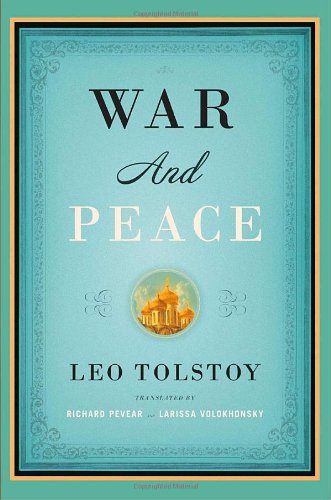So many bloggers and writers and editors will tell you how much they positively despise putting together "Best of' lists at the end of the year. Those people are lying. Making lists is incredibly fun and frankly not all that difficult. Yes, there are tons of movies and books and albums that are made each and every year, but only a small fraction of them are worth consideration for a "Best of" list and it is quite literally their job to figure out which ones. So they can get over it.
A few caveats regarding my own list: I am not a professional literary editor or reviewer; I have a full-time job so anything I read that was published in 2014 had to be squeezed into an already busy schedule, and additionally, had to be available to me at the library or interesting enough to warrant a purchase, which is rare for new titles. I'm still not enough of a mover and shaker to warrant advance review copies, so I do my best to keep up and I have the library fines to prove it. Thus, my favorite titles published in 2014:
The Secret History of Wonder Woman by Jill Lepore -- Smart, well-researched, incredibly interesting and so much more than a history of a comic book character.
On Immunity by Eula Biss -- Really hard to describe but brief and wonderful all the same. Her meditations on the nature of disease and vaccination are poetic and troubling.
Saga by Brian K. Vaughan and Fiona Staples -- This comic started a few years ago but the latest issues and an omnibus edition were published this year, so it's fair game. I am not a comic book expert, so when I say it's my favorite comic book, that probably means very little, but it's really terrific; funny, challenging, and beautiful.
Brown Girl Dreaming by Jacqueline Woodson -- Just ignore the YA-genre buzz around this short prose-poem memoir. Adults should read it, kids should read it.
Can't We Talk About Something More Pleasant by Roz Chast -- A really warm and honest and insightful graphic memoir on the aging and death of Chast's parents. I cried less than I expected.
Women in Clothes by Sheila Heti, Heidi Julavits, and Leanne Shapton -- I was surprised by how many "Best of" lists forgot about this one, because it made a huge impression on me. I still haven't removed it from the pile next to my bed because I keep going back to it. It is endlessly entertaining and makes the smallest minutiae of women's lives fascinating.









